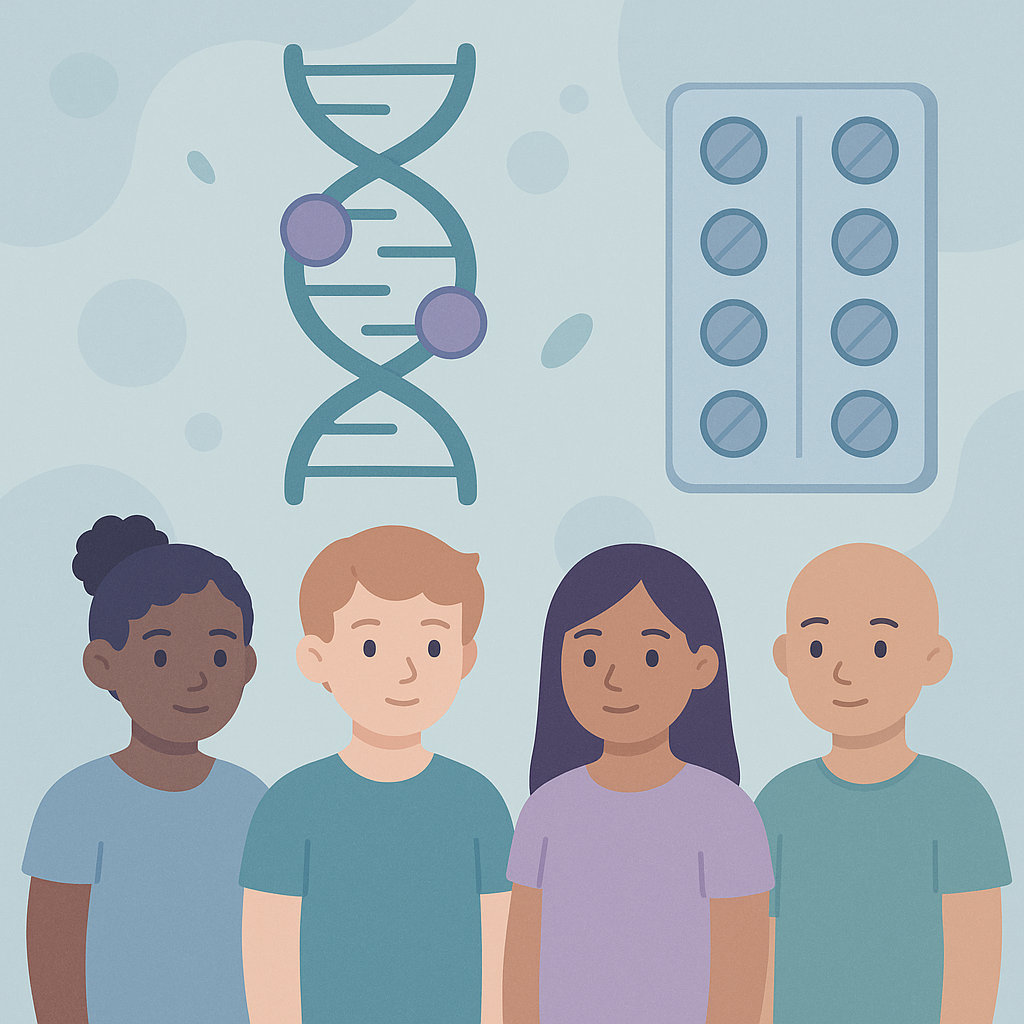Genetic Mutations Linked to Drug Resistance in Pediatric Epilepsy
Summary
Researchers studied the relationship between specific genetic variations in the SCN1A gene and resistance to sodium valproate, a common epilepsy medication, in children. The study involved 267 participants, including 89 pediatric patients who did not respond to sodium valproate (the resistant group), 89 who did respond (the responder group), and 89 healthy individuals for comparison. The researchers analyzed the genetic makeup of these groups to see if certain variations were linked to treatment resistance.
The main findings revealed that five specific genetic variations in the SCN1A gene were significantly associated with resistance to sodium valproate. Children with mutations at these sites were more likely to have lower levels of the medication in their blood, which could explain why the drug was less effective for them. Additionally, one of the mutations was linked to a type of seizure that is more common in patients who do not respond to the treatment.
This research is important because it could help doctors identify which children might not benefit from sodium valproate, allowing for more personalized treatment plans. However, it is essential to note that this study was observational and involved a relatively small group of patients, so further research is needed to confirm these findings and understand their implications fully.
Related reading
- First-Line Seizure Medications Work Similarly for Children
- Pregnancy Outcomes for Individuals With Epilepsy
- Phenytoin’s Impact on Driving Safety and Performance
- Using Anticonvulsants to Improve Outcomes After Cardiac Arrest
- Levetiracetam as First Choice Treatment for Non-Convulsive Status Epilepticus
- Comparing Two Drugs for Children With Severe Seizures
Free: Seizure First Aid Quick Guide (PDF)
Plus one plain-language weekly digest of new epilepsy research.
Unsubscribe anytime. No medical advice.





